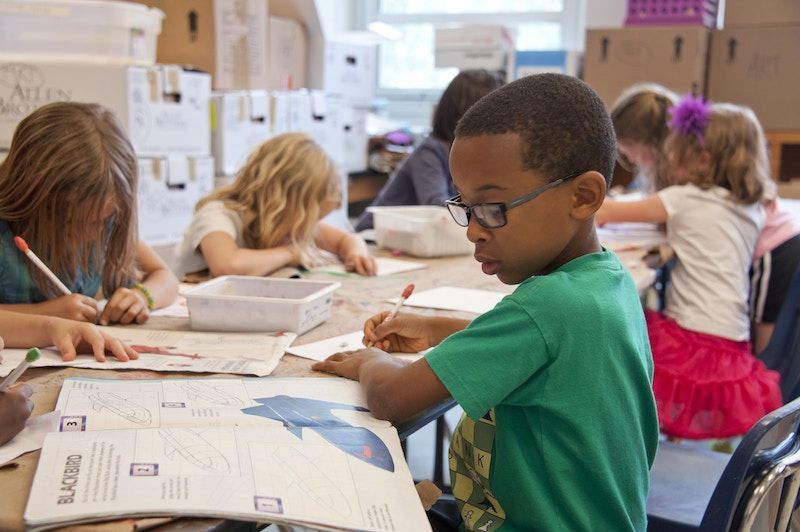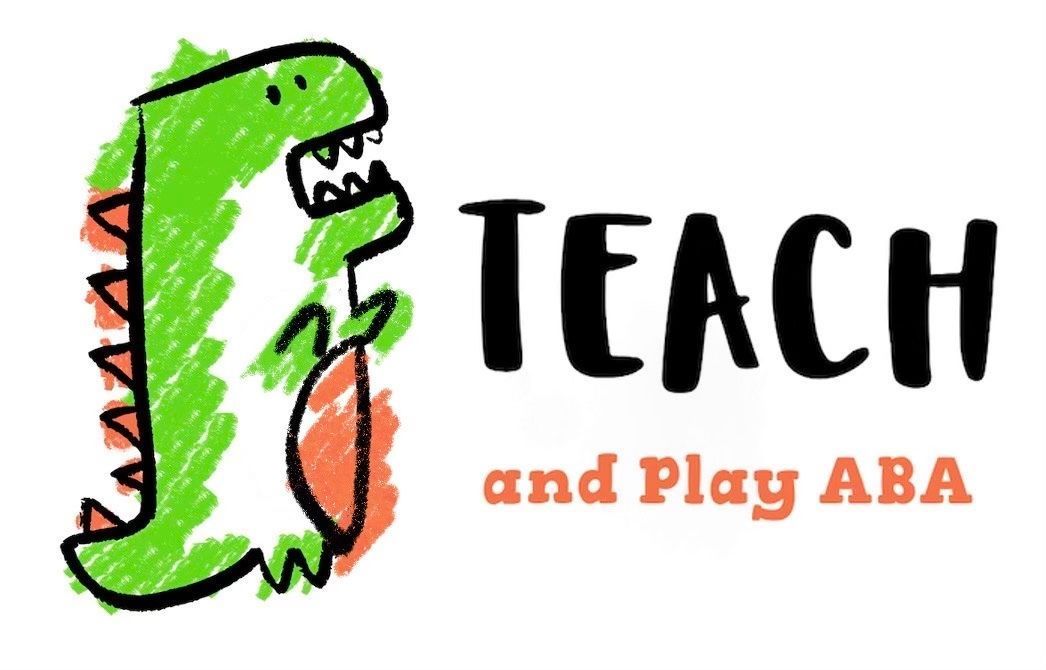Reducing Sensory Overload: School-Readiness Skills for Autistic Children

The transition into school can be a challenging and overwhelming experience for any child, but for autistic children, the sensory demands of the environment can intensify these difficulties. Sensory overload, characterized by heightened sensitivity to stimuli in the environment, can lead to distress and hinder a child’s ability to engage in learning and social interactions. Therefore, preparing autistic children for school involves fostering specific skills that can help reduce sensory overload and create a more supportive learning environment.
Developing Sensory Awareness and Regulation
One crucial aspect of school readiness for autistic children is developing sensory awareness and regulation. Sensory processing difficulties are common among individuals on the autism spectrum, making it essential to teach children strategies to understand and manage their sensory experiences. Activities such as sensory play, which involves exploring different textures, sounds, and visual stimuli in a controlled setting, can aid in familiarizing children with various sensations.
Furthermore, incorporating sensory breaks into the school day can be immensely beneficial. These breaks offer opportunities for children to retreat to a quiet, calming space where they can regulate their sensory input, reducing the chances of becoming overwhelmed. Providing tools like noise-canceling headphones, fidget toys, or weighted blankets can offer comfort and aid in self-regulation.
Visual Supports and Structure
Autistic children often thrive in environments with structure and predictability. Visual supports, such as schedules, visual timetables, and picture cues, can offer a clear understanding of the day’s activities and transitions. These aids serve as a visual guide, helping children anticipate what comes next, minimizing anxiety and confusion.
Establishing routines and consistent classroom procedures also contribute to reducing sensory overload. When children know what to expect and have a sense of predictability, it can alleviate stress and enable them to focus better on learning tasks.
Social Skills Development
Navigating social interactions can be challenging for autistic children, especially in a bustling school environment. Teaching social skills explicitly can significantly impact their school readiness. Role-playing scenarios, social stories, and group activities tailored to practicing turn-taking, sharing, and communication can aid in developing these skills in a supportive setting.
Moreover, promoting understanding and acceptance among neurotypical peers is crucial. Educating classmates about autism and fostering an inclusive classroom culture where differences are celebrated can create a more supportive social environment for autistic children.
Collaboration and Individualized Support
Collaboration between educators, parents, and therapists is fundamental in creating an individualized plan to support autistic children in school. Understanding each child’s unique sensory sensitivities, strengths, and challenges can aid in implementing personalized strategies for success.
Learn More
Preparing autistic children for school involves a holistic approach that addresses sensory sensitivities, promotes social skills, and creates a supportive and structured environment. At Teach and Play ABA, we provide professional
social skills training for children with autism. We provide personalized treatment tailored to meet each child’s individual needs. Contact us today to learn more about how we can help your child gain invaluable social skills that can put them on a path for success.



